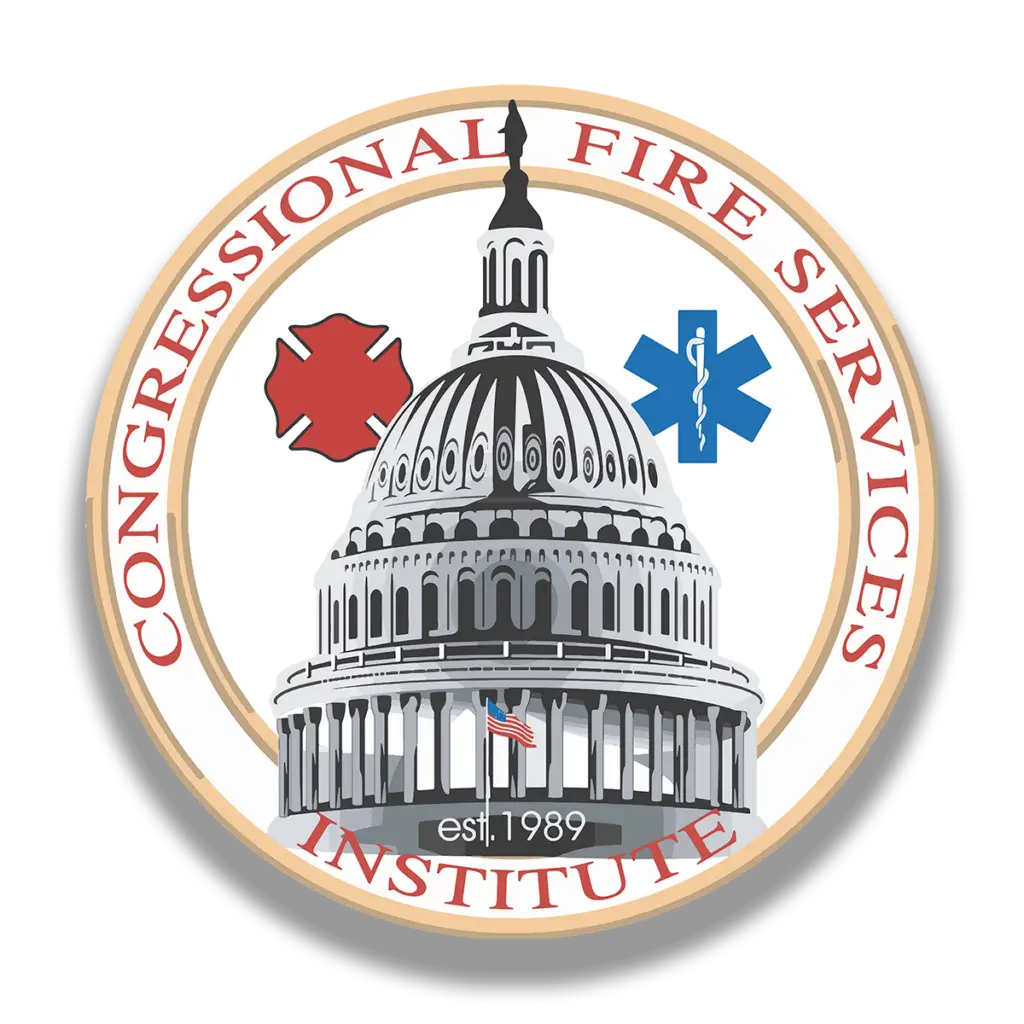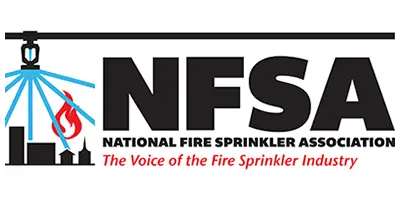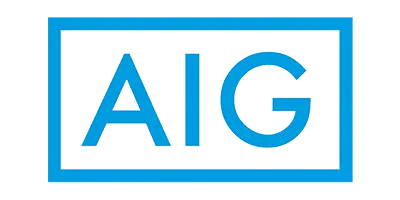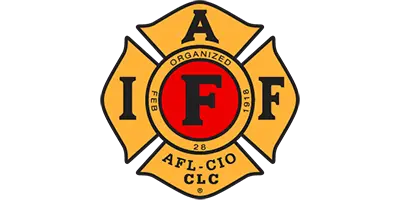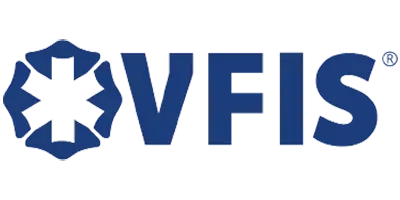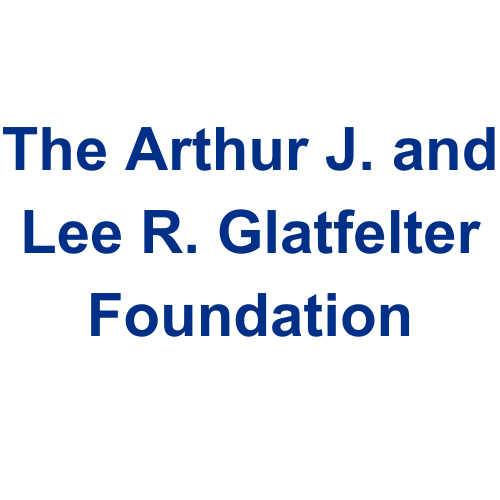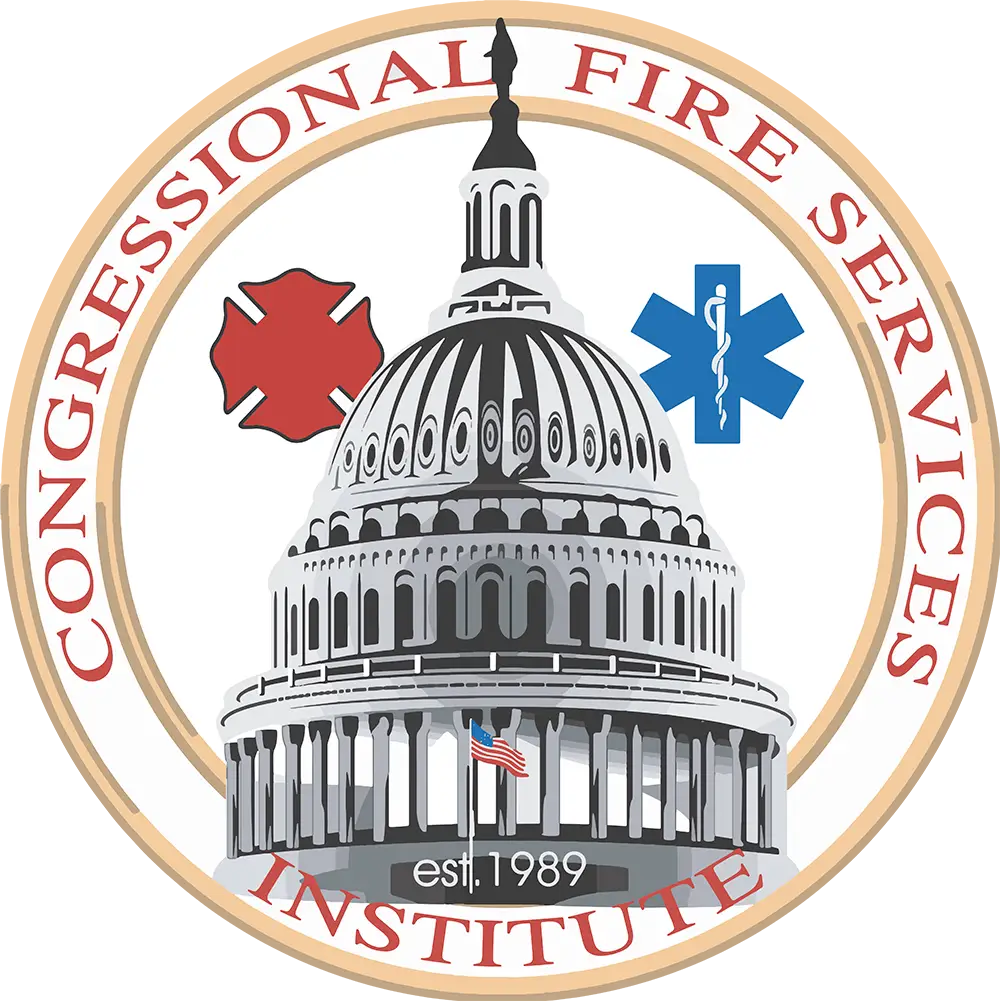CFSI supports the use of up-to-date codes and standards, which can improve resiliency and help mitigate risk to communities and individuals.
Studies from the National Institute of Building Sciences have shown that:
- America’s growing disaster liability costs the nation $100 billion annually and grows 6% per year, 10 times faster than the population.
- 40 percent of the population (about 120 million people) lives in the WUI, and thousands of homes are lost each year despite major firefighting efforts that cost almost $5 billion per year.
- The cost of pre-disaster mitigation activities save much more than they cost. Adopting the latest building code requirements is affordable and saves $11 per $1 invested.
- Adopting the latest building code requirements is affordable and saves $11 per $1 invested.

Past Legislation
Summary:
The bill provides significant funding for a broad range of infrastructure projects; however, the measure contains specific provisions directly benefiting the fire services.
The bill provides significant funding for a broad range of infrastructure projects; however, the measure contains specific provisions directly benefiting the fire services.
Background:
With regard to the built environment, the bill provides funding for FEMA’s Building Resilient Infrastructure and Communities (BRIC) program, which supports hazard mitigation projects.
Status:
Became Public Law No: 117-58 on November 15, 2021
Became Public Law No: 117-58 on November 15, 2021
Summary:
The legislation includes a provision that allows the federal cost share for certain disaster assistance to be increased from 75 to 85 percent if states take steps to make themselves more resilient against disasters.
The legislation includes a provision that allows the federal cost share for certain disaster assistance to be increased from 75 to 85 percent if states take steps to make themselves more resilient against disasters.
Background:
Members of the BuildStrong Coalition, including CFSI, developed a series of recommendations to the Federal Emergency Management Administration (FEMA) to consider when developing the cost incentive criteria. These recommendations include:
- Establish the cost share program as a FEMA pilot program to ensure maximum flexibility and speed of enactment;
- Establish criteria requiring a state to have a statewide building code with an enforcement mechanism to be eligible for the enhanced federal cost share;
- A state must have a working mitigation plan that identifies top vulnerabilities and the steps a state must take to reduce these vulnerabilities;
- To earn additional funds above 75%, states must also implement actions identified in their state mitigation plan; and
- Incentives must be housed in state mitigation plans and building codes that can achieve a significant impact on disaster losses.
Status:
The bill became law (P.L. 115-123)
The bill became law (P.L. 115-123)
Summary:
The legislation makes changes to federal disaster response, including creating the BRIC grant program to incentivize community resiliency and improving the ability to use federal funds for code implementation and enforcement.
The legislation makes changes to federal disaster response, including creating the BRIC grant program to incentivize community resiliency and improving the ability to use federal funds for code implementation and enforcement.
Background:
- The bill created the BRIC grant program, a vital federal investment in codes and standards and community protection.
- The clarification that “essential assistance” given to states by FEMA following a disaster can be used towards building code implementation and enforcement is critical to ensure that federal funding properly promotes community safety and resiliency through the use and enforcement of up-to-date codes and standards.
Status:
The bill became law (P.L. 115-254)
The bill became law (P.L. 115-254)
